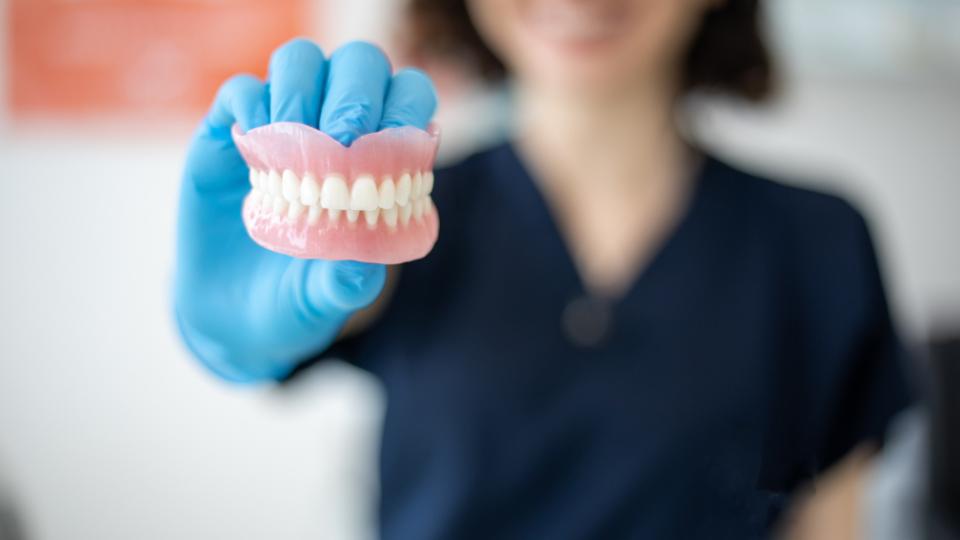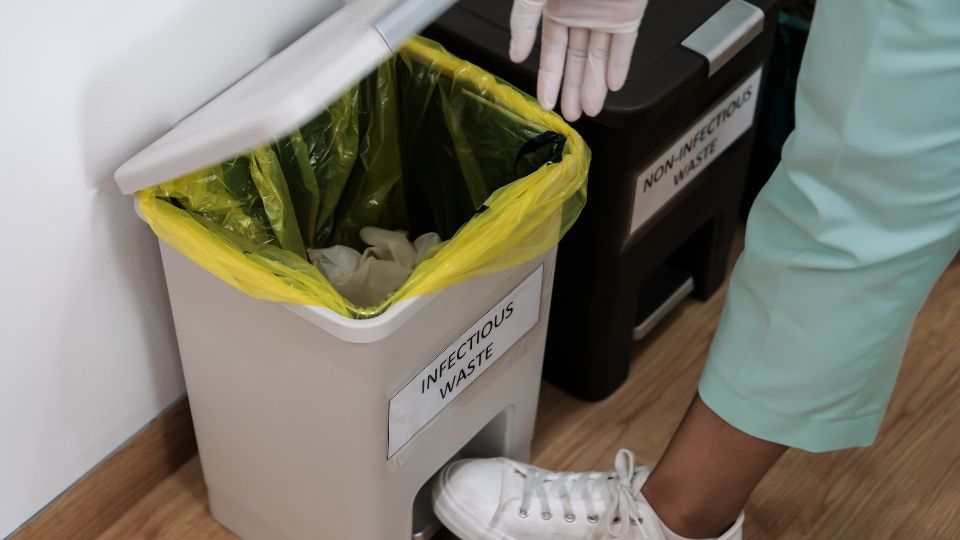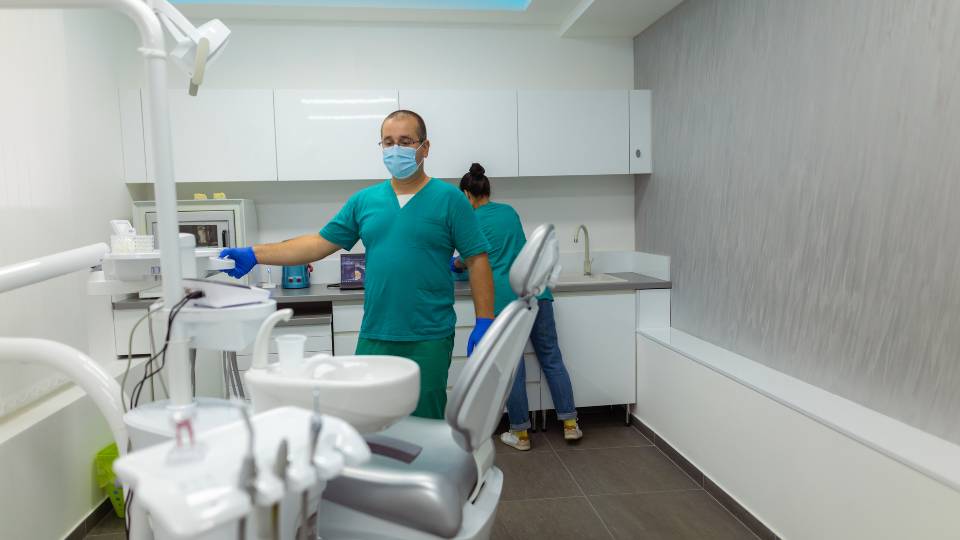
Amid strict regulations governing healthcare waste, effective waste management is pivotal for dental practices.
Traditionally, clinical settings haven’t prioritised sustainability, but a shift is underway.
By implementing appropriate strategies and partnering with an expert dentist waste management provider, dental businesses can maintain high hygiene standards while reducing their environmental impact. The dawn of sustainable dentistry is upon us.
Great Western Recycling delivers waste management and recycling services across diverse industries, leveraging over 35 years of experience.
We specialise in guiding and facilitating the adoption of zero dentist waste-to-landfill strategies.
This guide provides essential insights into waste management for dental practices and offers actionable steps for initiating recycling programmes.
Table of Contents:
- Dental Waste Types
- Sharps Containers
- Disposal of Local Anaesthetic Needles
- Designation for Hazardous Waste
- Dental Amalgam
- Legislative and Regulatory Framework Overview
- Responsibilities of the Dental Team
- Training staff on proper dental waste disposal
- Dental Waste Segregation, Packaging, Classification, and Labelling
- Advantages of dentist office recycling
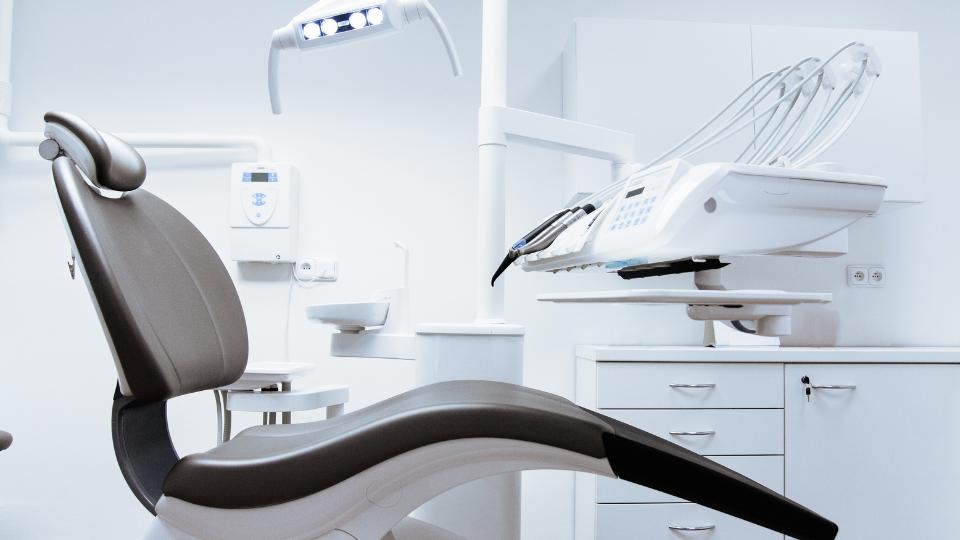
Dental Waste Types
Dental practices generate a diverse array of waste types, encompassing significant quantities of single-use plastics like gloves and packaging.
A considerable portion of dental waste necessitates specialised handling due to its clinical, hazardous, or confidential nature.
Thus, partnering with a proficient dentist waste management provider familiar with your business’s specific needs is essential.
Among the primary categories of dental waste are:
- Clinical dentistry waste.
- Sanitary and restroom waste.
- Plastic waste, including packaging from oral care products and disposable plastic cups for rinsing.
- Discarded or malfunctioning instruments.
- Confidential waste, such as outdated patient records.
- Paper waste, including magazines and newspapers.
- Hazardous materials, including dental waste from dental radiography.
- Used sterilisation pouches.
- Expired medications and pharmaceuticals.
- Broken or outdated dental equipment.
- Chemical waste from dental laboratory processes.
Sharps Containers
Sharps waste and containers should always be handled with care.
Ensure you follow the guidance below to ensure safe practices.

Disposal of Local Anaesthetic Needles
- Common aspect of waste management in UK dental practices.
- Recommended to use yellow-coloured sharps containers adhering to UN3291 and BS7320 standards.
- Avoid the use of orange-coloured sharps containers, as they are not suitable for standard sharps disposal practices.
Designation for Hazardous Waste
- Specifically used in UK dental practices for hazardous waste that doesn’t require incineration for disposal.
- Primarily for ‘soft’ clinical waste, which undergoes autoclaving.
- Unsuitable for dentist waste containing contaminants like medicines, chemicals, or amalgam material found in extracted teeth or raw material.
Dental Amalgam
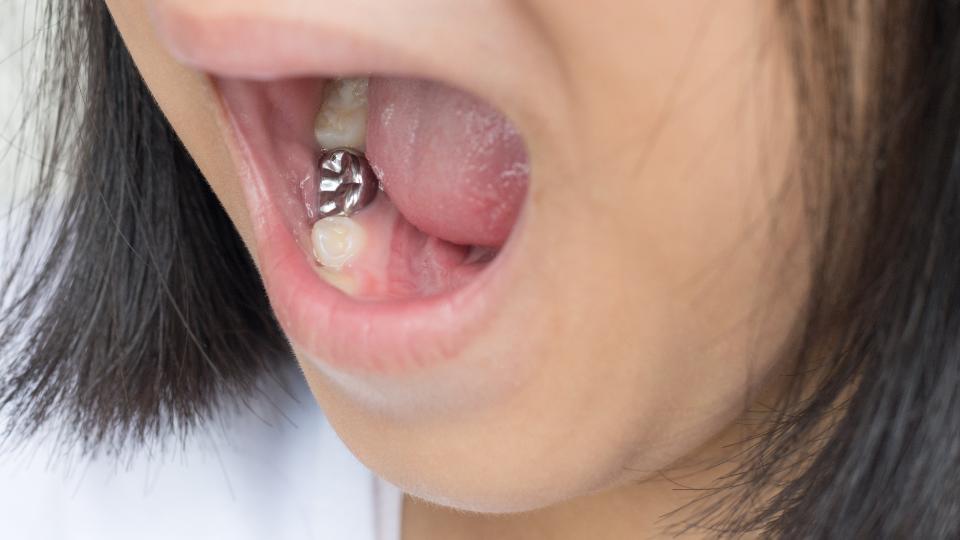
Special Attention Required
- Handling dental amalgam waste necessitates special attention in UK dental practices.
- Installation of amalgam separators meeting approved UK standards, such as the British Standard Dental Equipment is crucial.
- Simple filters or gauze materials prove inadequate for effective heavy metal filtration.
Guidance and Regulations
- Comprehensive guidance on installing amalgam separators is provided by the Department for Environment, Food, and Rural Affairs (DEFRA) and the British Dental Association (BDA).
Waste Disposal
- Clinically contaminated and raw materials originating from spent or expired capsules or excess mixed material should be directed to this dentist waste stream.
- Final disposal of mercury typically entails a mercury recovery process overseen by the waste contractor.
Legislative and Regulatory Framework Overview
Waste management regulations in England, Wales, Scotland, and Northern Ireland are governed by separate laws and regulations, each with its own nuances.
In England, Wales, and Northern Ireland, ‘hazardous waste’ refers to hazardous healthcare waste, whereas Scottish legislation uses the term ‘special waste’.
Each region has established detailed lists defining healthcare/clinical waste requiring special disposal (The List of Wastes (England) Regulations, 2005; The List of Wastes Regulations (Northern Ireland), 2005; The List of Wastes (Wales) Regulations, 2005; The Special Waste Amendment (Scotland) Regulations, 2004).
These regulations pinpoint specific areas crucial for safe healthcare waste management.
Legally, the responsibility falls on ‘those responsible for dentist waste management’ (Department of Health, 2011), encompassing the entire dental team within the practice, regardless of their role.
Responsibilities of the Dental Team
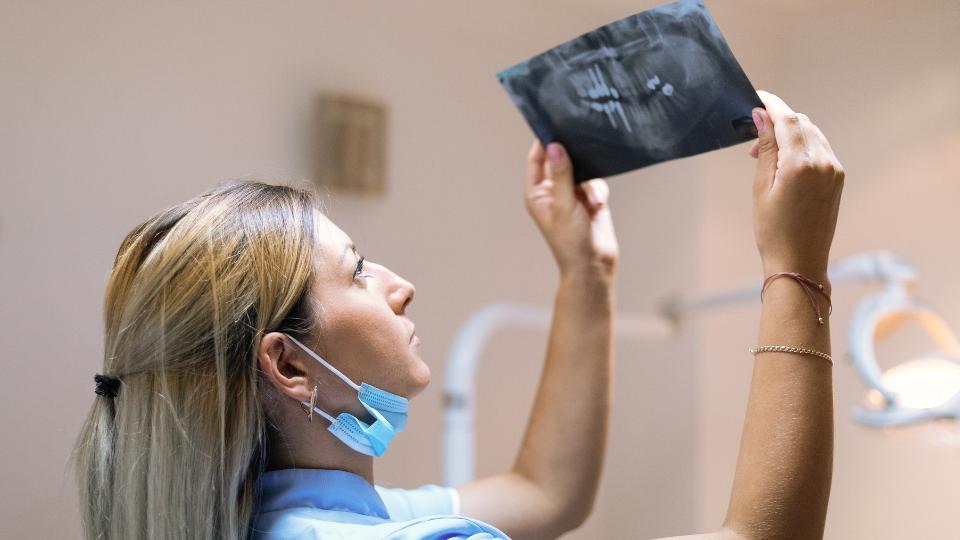
The dental practice holds a statutory duty of care, involving all personnel in waste management from production to disposal.
Responsibilities include preventing waste leakage and ensuring appropriate handling measures.
This duty extends beyond dentistry waste handover to the carrier, encompassing safe disposal.
The UK’s Health and Safety Executive outlines responsibilities related to clinical waste under Control of Substances Hazardous to Health (COSHH).
Control of Substances Hazardous to Health (COSHH)
COSHH regulations aim to control risks linked with handling hazardous substances, including medical and dental clinical waste.
Compliance involves:
- Evaluating risks to staff, patients, and the public from healthcare waste
- Regularly reviewing risk assessments
- Reducing risks to an acceptable level or eliminating them
- Providing staff training
- Immunisation when necessary
Training staff on proper dental waste disposal
Due to the diverse legislative aspects of waste disposal, the practice manager (principal or corporate representative) must provide tailored training covering:
- Risks associated with healthcare waste handling, segregation, storage, and collection
- Personal hygiene
- Protocols for dentist waste escape during spillages and accidents
- Emergency procedures
- Proper use of personal protective equipment (PPE)
Personal Protective Equipment (PPE)
Gloves, aprons, and masks are essential PPE when handling or moving hazardous healthcare waste, specified in the COSHH assessment.
Clear instructions on dentist waste handling, including escape and spillage protocols, should be provided to staff responsible for clinical waste management.
Dental Waste Segregation, Packaging, Classification, and Labelling
The dental team is responsible for:
- Proper waste segregation
- Safe storage
- Appropriate packaging for transport
- Accurate documentation describing the waste
- Ensuring responsible waste transfer by carriers
- Registering for hazardous waste management
Waste segregation is crucial due to waste carriers’ capabilities and disposal facility permits. Some waste materials require safe packaging to prevent leakage and comply with Health and Safety Legislation.
In Scotland, Special Dentist Waste Regulations mandate stringent waste segregation by prohibiting the mixing of waste categories.
Tables 3 and 4 outline hazardous and non-hazardous waste categories in dental practice, emphasising the importance of proper waste management protocols.
Advantages of dentist office recycling
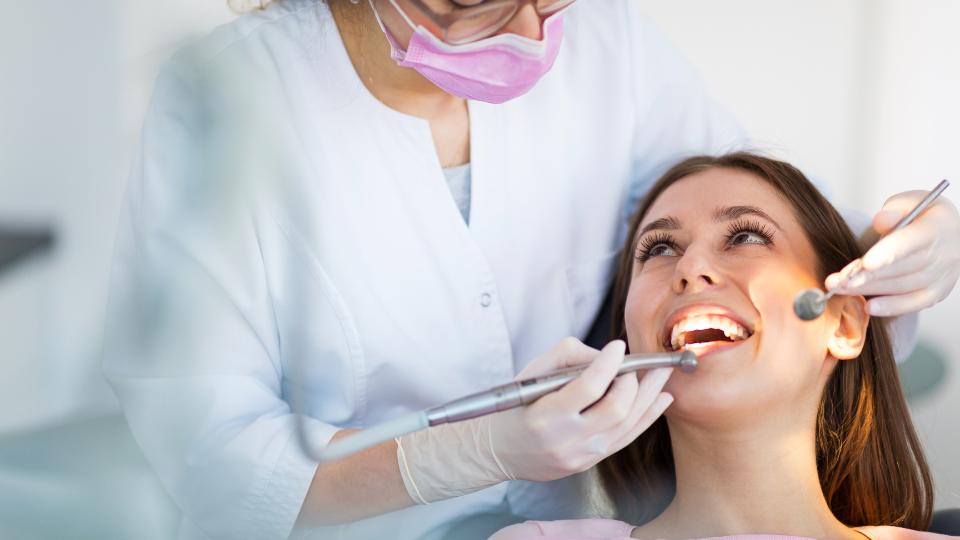
Reduced Environmental Impact
Increasing recycling efforts helps minimise your business’s environmental footprint.
Sending less waste to landfills reduces carbon emissions associated with landfill greenhouse gases and the production of new materials.
Enhanced Staff Satisfaction
Engaging in sustainable practices fosters a sense of accomplishment among you and your staff members. When everyone contributes to lowering the practice’s environmental impact, it creates a shared sense of purpose and satisfaction.
Competitive Edge
With growing public awareness of the climate crisis, consumers are increasingly prioritising sustainability in their purchasing decisions.
Dental businesses can capitalise on this trend by showcasing their environmental commitment as a marketing advantage, attracting environmentally conscious clientele and fostering business growth.
Cost Savings
By reducing landfill waste, you can minimise landfill tax expenses. Implementing a zero dental waste to landfill approach can eliminate these costs entirely, providing immediate financial benefits for your business.
Recycling more waste materials directly impacts your company’s bottom line by reducing unnecessary expenses.
Maintaining High Hygiene Standards
As a healthcare establishment, ensuring the utmost safety and hygiene for patients is paramount.
Effective dental waste management practices contribute to maintaining cleanliness throughout your premises.
Additionally, sterilising and reusing items promotes safety without compromising environmental sustainability, aligning with your commitment to providing top-notch patient care.

